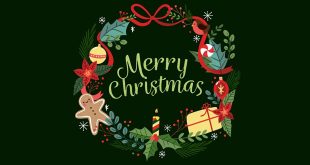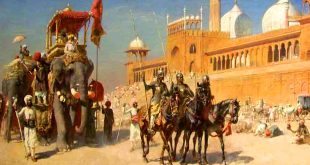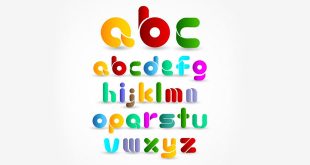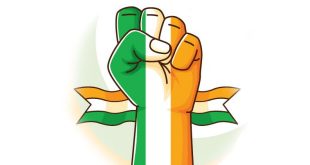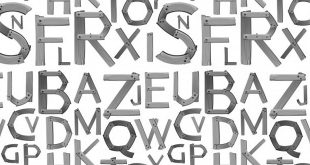जिस प्रकार दशहरा और दीपावली का संबंध हमारे भागवान श्रीराम से तथा जन्माष्टमी का संबंध भागवान श्रीकृष्ण से है, उसी प्रकार क्रिसमस का संबंध ईसा मसीह से है। क्रिसमस का यह पर्व प्रतिवर्ष 25 दिसम्बर को विश्वभर में बड़ी धूमधाम से मनाया जाता है। इसी दिन लोकोद्धारक, परम, दयालु, गरीबों …
Read More »Search Results for: India
NCERT 6th Class (CBSE) Science: Fibre to Fabric Quiz
Fibre to Fabric Quiz: NCERT 6th Class CBSE Science 18 Multiple Choice Questions related to NCERT 6th Class (CBSE) Science: Fibre to Fabric Quiz: Synthetic fibre are man – made fibres made from plastic and petroleum products. Fore example: Nylone, Rayon etc. They are also made from chemicals. The process o …
Read More »NCERT 7th Class (CBSE) Social Science: Political Changes in 18th Century
Question: Who was Nadir Shah? What was the result of his attack on Delhi? or Describe the impact of Nadir Shah’s invasion upon Delhi. Answer: Nadir Shah, the ruler of Iran, sacked and plundered the city of Delhi in 1739 CE and took away immense amounts of wealth. As a …
Read More »Antonomasia Examples: Antonomasia for Students and Children
From our ancestors come our names, but from our virtues come ‘antonomasia’! Antonomasia is that figure of speech that employs a suitable epithet or appellative to cite a person or thing rather than the original name. Confused? Don’t be! To put it in simple terms, antonomasia is a rhetoric way …
Read More »Antimetabole Examples: Antimetabole for Students and Children
Antimetaboles are figures of speech that you might have come across a dozen of times in course of a conversation or while reading a piece of literature, but just ignored it as any other phrase or idiomatic expression. An antimetabole refers to two unique arrangements of words in a particular …
Read More »NCERT 7th Class (CBSE) Social Science: Media and Democracy
Question: Name any four forms of media. Answer: Newspapers, television, magazines and Internet. Question: Give examples for the means of communication in the ancient world. Answer: The means of communication in the ancient world were: People used drums to communicate over long distances, or runners carried the information. Later, there …
Read More »Anaphora Examples: Anaphora for Students and Children
“Mad world! Mad kings! Mad composition!” Recognize the emphasis laid in the previous sentence? The term ‘anaphora’ originated from the Greek word meaning ‘carrying back’. It can be defined as a repetition or a rhetorical device where the same word or phrase is repeated at regular intervals, which could be …
Read More »NCERT 7th Class (CBSE) Social Science: Institutional Representation of Democracy
Question: “The right to vote was not always a universal right.” Explain with examples. Answer: The right to vote was not always a universal right. In early democracies, only some people were allowed to vote. For example, in the United Kingdom only male landowners who were Protestant by faith, could vote. …
Read More »New Kings and Kingdoms Quiz: NCERT 7 Class CBSE SST
NCERT 7th Class (CBSE) Social Science: New Kings and Kingdoms Quiz 19 Multiple Choice Questions related to NCERT 7th Class (CBSE) Social Science: New Kings and Kingdoms Quiz: After the death of Harshavardhana in 647 CE, his empire broke up into several small states that fought with one another. Eventually …
Read More »Allegory Examples: Allegory for Students and Children
Allegory comes from the Greek word ‘allegoria’ that means ‘speaking otherwise’. It is often used to describe stories in verse or poetry that typically have a double meaning. The act of interpreting allegories is called allegoresis. These figures of speech fall into two categories: historical and abstract. There are several …
Read More » Class Notes NCERT Solutions for CBSE Students
Class Notes NCERT Solutions for CBSE Students
